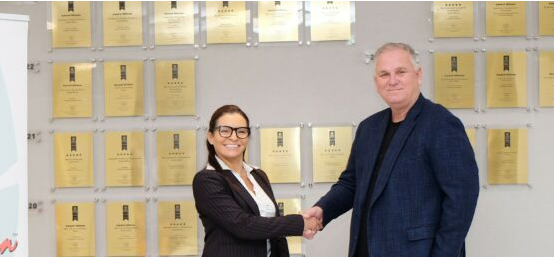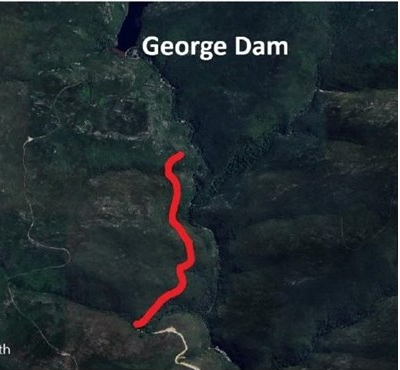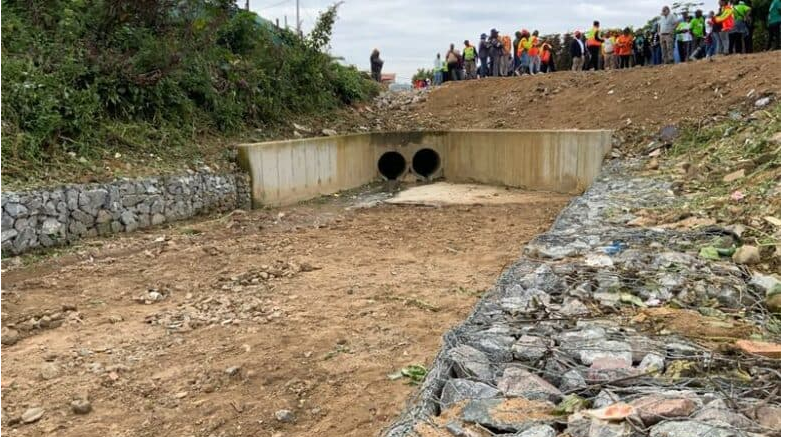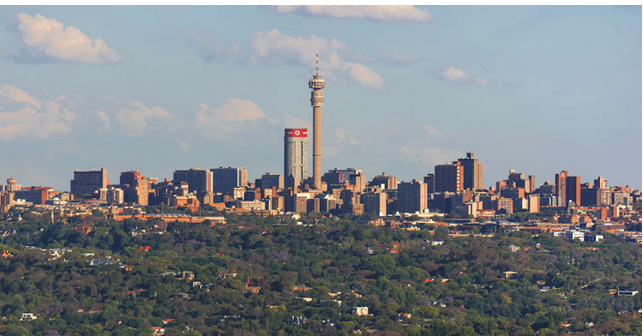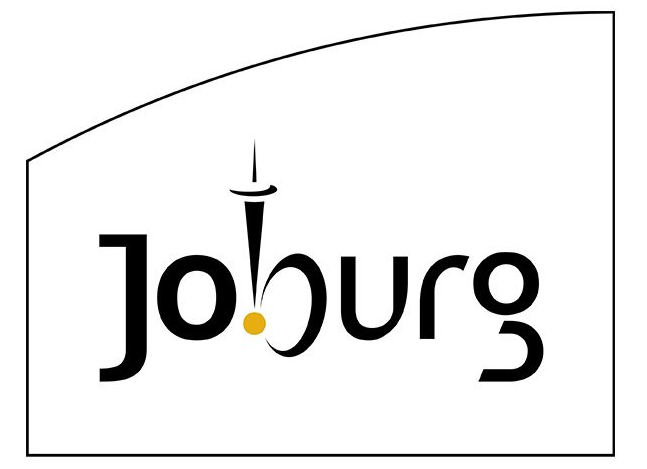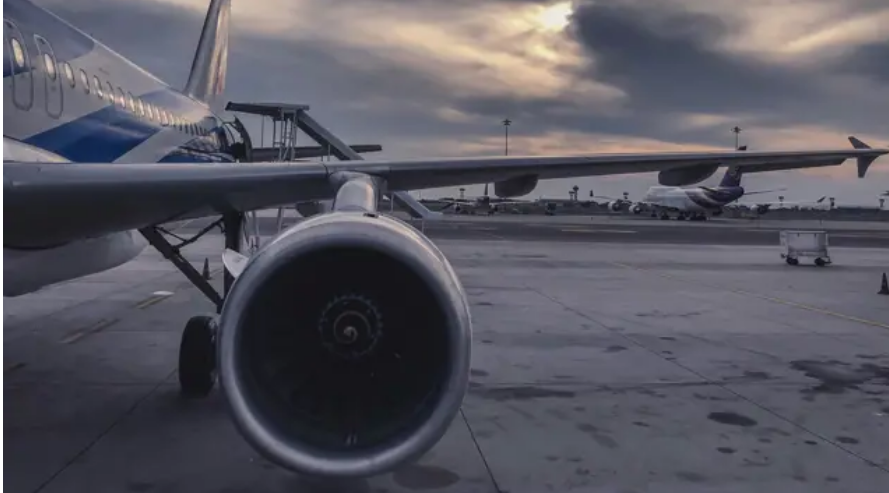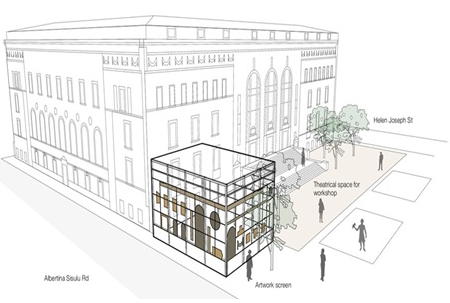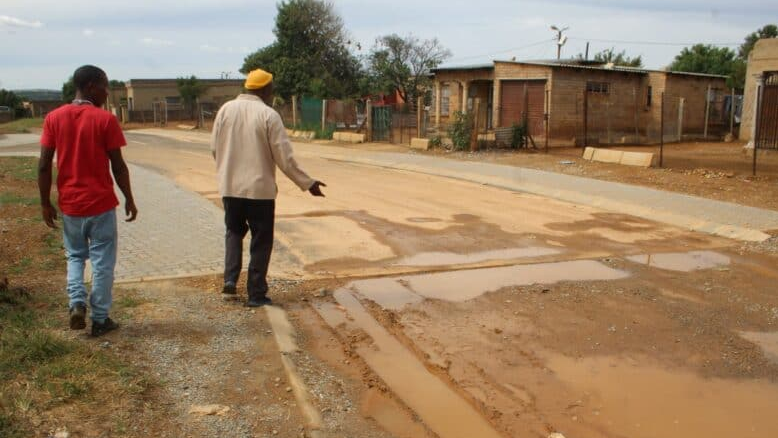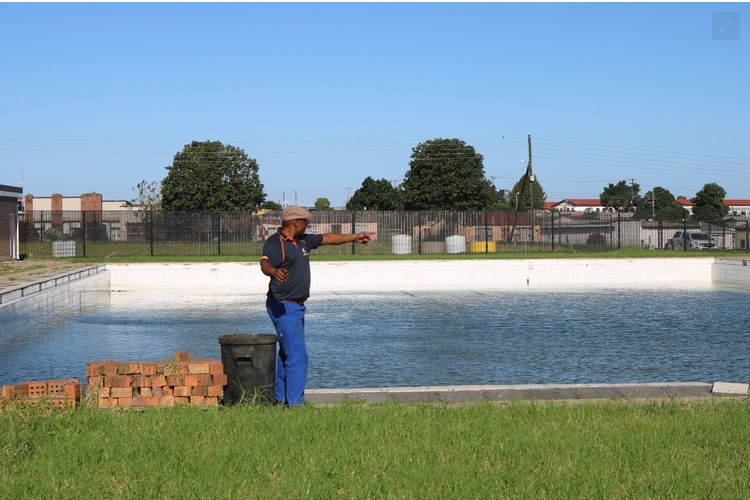Interwaste probe reaches across borders

26-05-2014
Read : 491 times
BusinessDay
Source
A CRIMINAL investigation has begun into allegations that AltX-listed waste management firm Interwaste imported and illegally dumped more than 100 tonnes a month of hazardous waste from Mozambique and possibly Japan.
The scandal may see Anglo-Australian mining giant Rio Tinto being drawn in, as the Department of Environmental Affairs has said it may be included in the investigation if found to be complicit in the alleged crime.
Rio Tinto Coal Mozambique contracted Moz Environmental Limitada to dispose of its hazardous waste. Moz Environmental is owned by Interwaste Holdings.
It has emerged that harmful waste products such as acids, bitumen and others are being disposed of in nondesignated landfill sites across South Africa by the company. This could cause serious environmental damage and endanger the health of humans and wildlife. It is the dumping of such products that is the focus of the police investigation of Interwaste.
Waste companies are supposed to pay fees to dispose of hazardous waste in designated landfills. But some cut corners to save costs. The cost of dumping general waste ranges from R80/tonne to R250, and hazardous waste ranges from R500/tonne to R2,000.
Rio Tinto media relations manager David Outhwaite said in an e-mailed response to questions by Business Day: "The domestic waste from the Rio Tinto Mozambique mine in the Tete region is processed by Moz Environmental Lda, which is a subsidiary of Interwaste; however, they have confirmed that the processing takes place at their landfill and sewerage facilities situated in the Tete municipality of Mozambique."
Confirming the probe, Department of Environmental Affairs spokesman Albi Modise said: "The matter is still under investigation and we are not in a position at this stage to provide further information. The department would like to point out, however, that if such allegations are proven to be correct, Rio Tinto, as the generator of the waste, could also be included as part of any criminal investigation, should they be linked to contraventions of the National Environmental Management Act."
Interwaste CEO Alan Willcocks confirmed the company was importing waste, but insisted it was following all the regulations.
"Yes, we have a permit in Mozambique to transport hazardous waste. We also have a permit from the Mozambique government to export hazardous waste, and we have a permit from the South African government to import hazardous waste, all in terms of the Basel Convention permit protocol," he said.
He, however, would not disclose where Interwaste was disposing of the waste.
Mr Willcocks refused to clarify whether Interwaste was processing waste from Japan or whether the waste was generated by Japanese companies operating in South Africa. Instead, he confirmed that his company procured earth-moving equipment from Japan and provided waste management services to Japanese companies operating in South Africa.
This is not the first time Interwaste has been accused of environmental transgressions. There are reportedly several other investigations by the Green Scorpions. One has been concluded.
Only last month, Interwaste confirmed it had illegally dumped 200 tonnes of elemental sulphur floor sweepings generated by one of its clients. The company blamed two employees, who it said had acted on their own accord.
One of the employees, whom Interwaste refused to name but was identified by a Business Day source, is Brett Boonzaier, a former sales executive. He resigned a few weeks after the company told shareholders in March of the transgression.
He refused to comment when contacted by Business Day, except to confirm that he was no longer with Interwaste. "I was retrenched (at the) end of February and (I) don’t wish to talk about the matter."
The other employee, Chris Mayers, who was the Interwaste branch manager in Durban, did not respond despite numerous requests.
Mr Willcocks dismissed the sulphur dumping case, also the subject of a probe, calling it a "minor matter raised by a competitor".
Recent News
Here are recent news articles from the Building and Construction Industry.
Have you signed up for your free copy yet?
